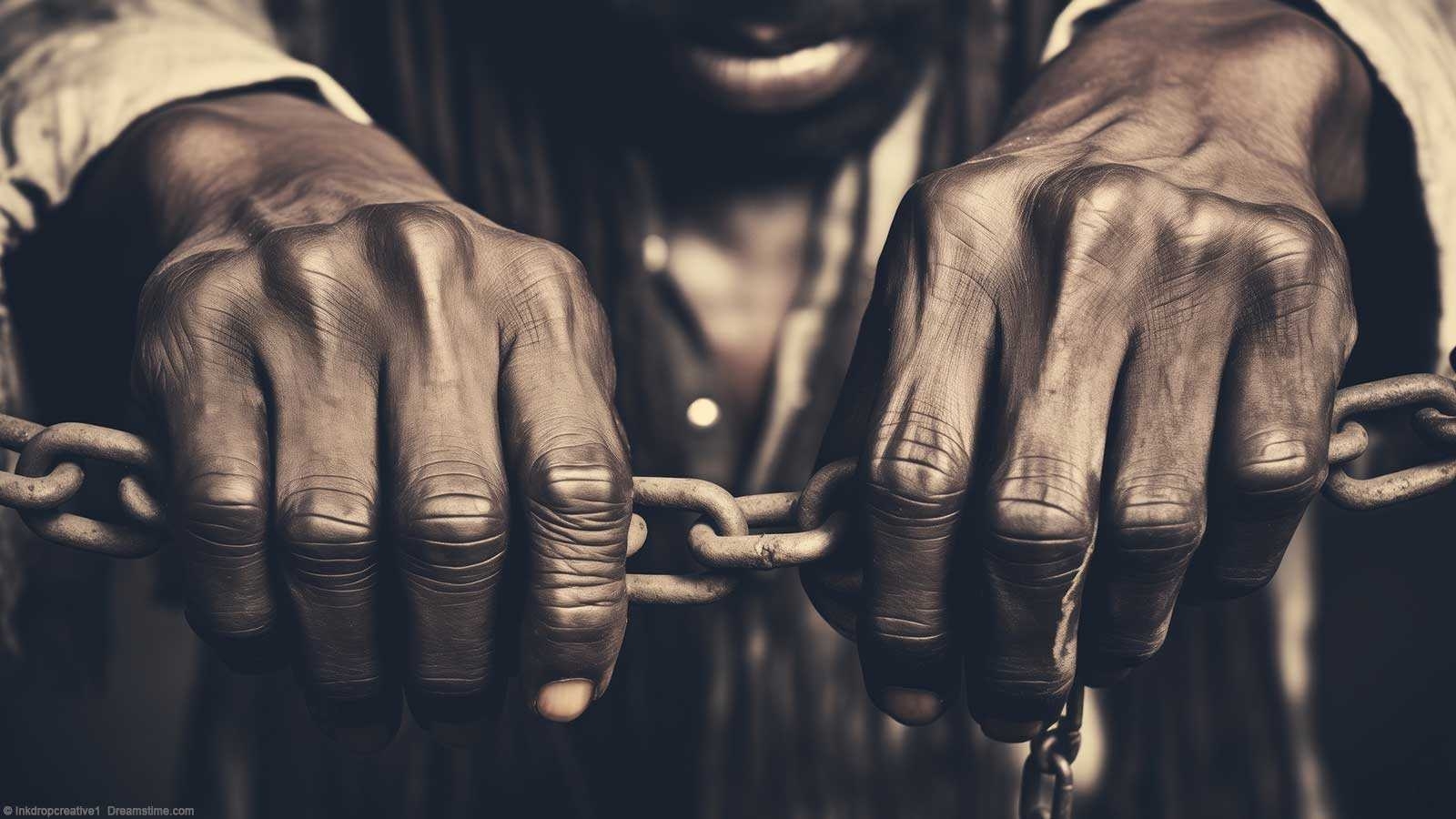
TOPICS:
Forced Labor in Paradise
Oct 06, 2025 / Written by: Gary Isbell
How Cuba’s Prisoners Fuel European Trade
In Cuba, slave labor is producing products for export. A new, comprehensive report has revealed a systemic forced labor program involving tens of thousands of prisoners, including political dissidents, whose hard labor produces goods destined for European markets.1
Cuba’s communist system has always resorted to forced labor and incarceration to control its population. However, research published by the non-governmental organization Prisoners Defenders provides impressive details that are generally unknown. In the midst of an economic meltdown where even sugar is scarce, the government is using the system to supply much-needed Western money to come to its rescue.
These aren’t just traditional jails. About 60,000 of Cuba’s 90,000 inmates are forced to work across a network of 242 prisons. The system includes cynically named “correctional centers,” “camps,” and “farms” that act as production sites for the Cuban government.
The work varies, but it shares a common theme of hardship. Agricultural labor takes place under the scorching sun, whereas industrial production occurs in unsafe conditions. Others are engaged in construction work and even street cleaning. What makes this especially galling is that much of what these prisoners produce—charcoal, tobacco and sugar—ends up on European store shelves, at backyard barbecues or cigar lounges in London.
Europe’s Uncomfortable Supply Chain
Thus, Cuba’s prison-made charcoal was the country’s sixth-largest export in 2023, ranking as the ninth-largest charcoal exporter worldwide. The main destinations were Spain, Portugal, Greece, Italy, and Turkey. Most consumers are likely unaware of the human toll behind their purchases.
The tobacco prison operations are centers of profit and exploitation. At facilities like Quivicán Maximum-Security Prison, inmates work up to 15 hours a day making the famous (and expensive) Habanos cigars. These prisoners earn just over $7 a month while their civilian counterparts make around $120 for the same work.
The profit margins are staggering. London’s Simply Cigars sells a single cigar for $68.20. Communist Cuba compensates those who make them at $0.24 per day. For a communist government that sees all capitalist profits as exploitation, the hypocrisy of these obscene price margins presents no problems.
The Human Cost
Behind these statistics are individual stories of suffering and mistreatment that should shock any civilized conscience. Many prisoners work barefoot in the sugarcane fields in the rain and heat. For charcoal production, prisoners sleep outdoors without formal shelter, building makeshift huts from straw while drinking contaminated water from cattle troughs. The lack of proper tools and safety gear leads to frequent injuries. Proper medical care is almost non-existent for these prisoners in a country that ironically boasts of (but never provides) first-class healthcare provided by the state.
Making matters worse, many of these workers are political prisoners whose only “crime” was expressing their rejection of dismal conditions inside the country.
The Silence of Complicity
The world's complicity in the face of these revelations is deafening. Cuba’s Catholic clergy needs to speak out against this anti-natural system that has enslaved the nation.
The international community needs to take effective measures to shut down this supply of forced-labor products. European companies and consumers must reject these products that are provided at such a high human cost.
Prisoners Defenders has called for targeted embargoes on forced-labor products and the suspension of trade agreements with Cuba until these practices cease.
A Modern Tragedy
This isn’t just a story about communism in Cuba. It is a testimony reflecting the West’s constant complicity in accepting totalitarian socialist regimes that prioritize profit over human rights.
Perhaps it’s time to ask: What is the true cost of those cigars and charcoal? Should the West continue to pay for it with other people’s freedom?
Footnote:



